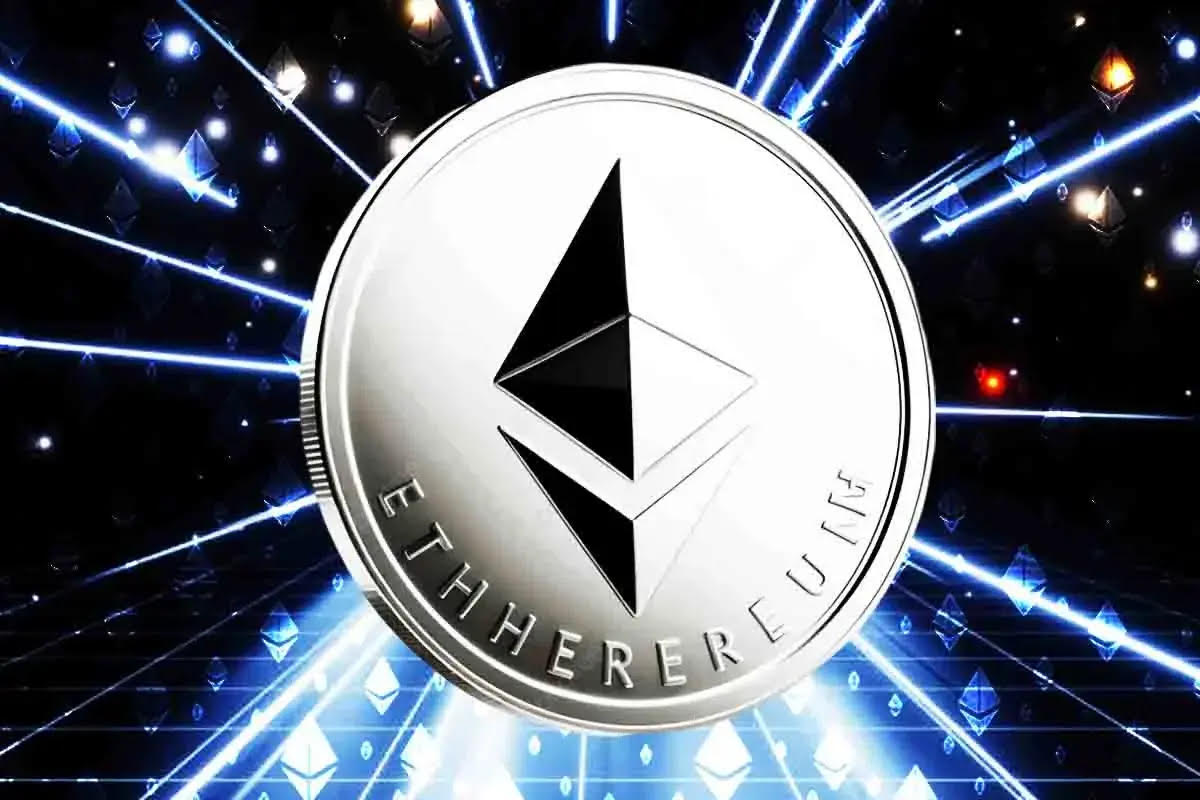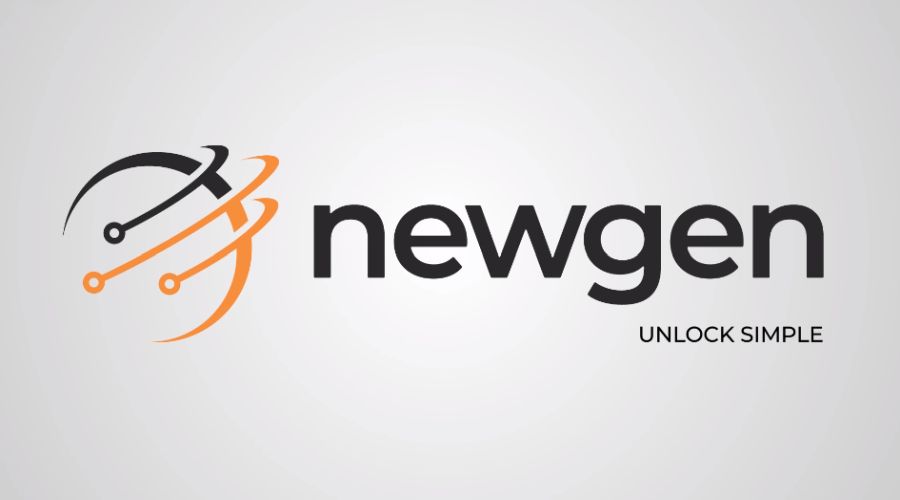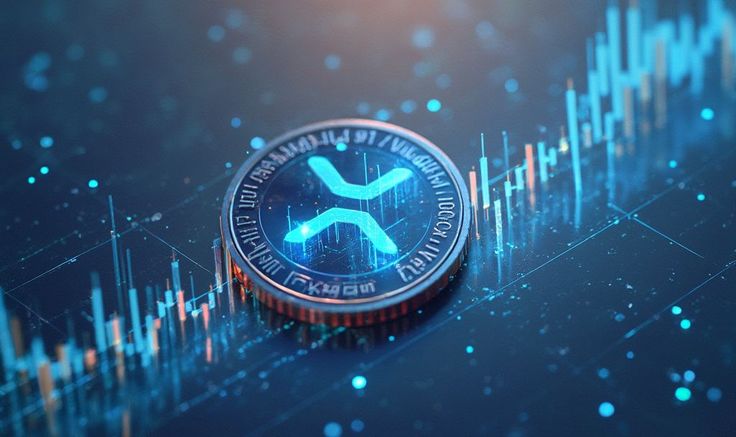It is no secret that Google has dominated the search engine market for over two decades. With Google handling over 90% of global search market share, the term “search” has become synonymous with its name. Nevertheless, emerging issues regarding privacy, data control, censorship, and monopolization have captured attention toward decentralized search engines which aim to serve the users instead.
But the question remains, are these decentralized alternatives adaptable enough to compete with Google? Or will they forever remain as niche proposals overshadowed by the tech giant.
Why People Seek Decentralized Alternatives
Google’s interference has created multiple controversies like:
- Breach of Privacy: Google amasses enormous amounts of personal information and follows individuals across multiple sites to create comprehensive diaries for the purposes of advertising.
- Bias in Algorithms: Contracts with large corporations, politics, and AI driven bias also affect the search results, which decreases the available information.
- Suppression and Alteration: Google is being forced by some governments and big companies to hide certain material which causes worries about the right to information.
Initiatives on the Block Chain and Presearch, along with YaCy claim to have more decentralized alternatives that are more user focused concerning privacy, transparency, and the decentralization of power. Their goal is to end central dominance so that no single dominating power can restrict the information which is made public.
The Strengths of Decentralized Search:
Google for instance, tracks its users and their data for advertisement. Some even apply blockchain to guarantee search results are anonymous and transparent. Here is how decentralized search engines can do better:
- Decentralized Search Engines’ Algorithms
The community based algorithm would be more effective than Google’s blackbox because, instead of coding, the Google Algorithm can be manipulated by a corporation, it allows communities to curate, rank, and algorithm black-box which Google referred to as put into practice search results.
- Censorship Resistance
A decentralized web index can be easily manipulated and taken down by the government or corps, which makes it a valuable tool for advocates of free speech and journalists in high censorship countries.
- Search Engines That Reward Users
Some decentralized search engines create an economy around fair search behavior by using tokens to incentivize users to search or contribute to the network.
Why google still has an Edge
Even with these advantages, decentralized search engines have to deal with problems that could slow down mainstream adoption. Some of the challenges for decentralized search engines which is still an advantage for Google include:
- Scale and Indexing Power
Over eight and a half billion searches are made everyday, with Google alone indexing web pages in hundreds of billions. It isn’t easy to achieve that level of magnitude as it demands enormous infrastructure and computing power. This is why it is difficult for decentralized networks to achieve this scale.
- Speed and Relevance
The algorithms in Google’s AI customised systems are highly capable in delivering accurate results almost instantly. On the other hand, decentralized systems are usually unable to meet the data processing needed to compete with Google’s precision and speed.
- User Experience & Design
With the passing of decades, Google has successfully perfected the user interface, mobile experience, and integrations. In contrast to other decentralized options, users are used to effortless and quick searches which clunky interfaces do not seem to provide.
- Monetization Issues
Google’s profit makes it easier for them to make investment in essential AI and infrastructure by generating revenue from advertising. For decentralized search engines, finding a sustainable business model becomes relatively tough as they cannot solely depend on intrusive ads.
What needs to change for Decentralized Search Engines to Survive
In order for decentralized search engines to fully rival Google, they must:
- Work to ensure the indexing capability is improved so that the crawling and categorization of the web pages can be done as efficiently as that of Google’s.
- Make improvements to AI and relevancy of search results so that they can equal the speed and accuracy of Google’s services.
- Create alternative models of revenue generation that reward users and contributors while ensuring accretive growth over time.
- Inform users about the need for decentralized searches to foster adoption beyond Web3 and privacy-centric circles.
Final Thought
At this stage, decentralized search engines cannot directly compete with Google in terms of scale, speed, and convenience. However, their unique advantages in privacy, transparency, and censorship resistance make them valuable alternatives for certain users.
Instead of replacing Google entirely, decentralized search engines may carve out their own niche—becoming the go-to platforms for users who prioritize privacy and independent information access.
But for them to truly challenge Google, they must bridge the gap in user experience, search relevance, and scalability. Until then, Google’s reign as the king of search remains unshaken.






